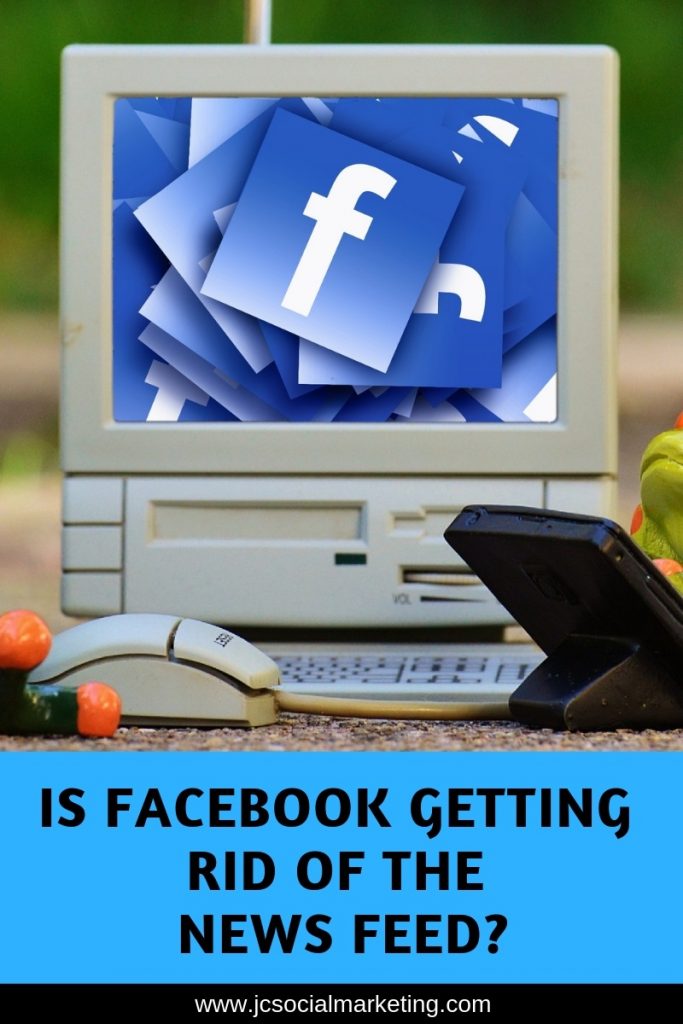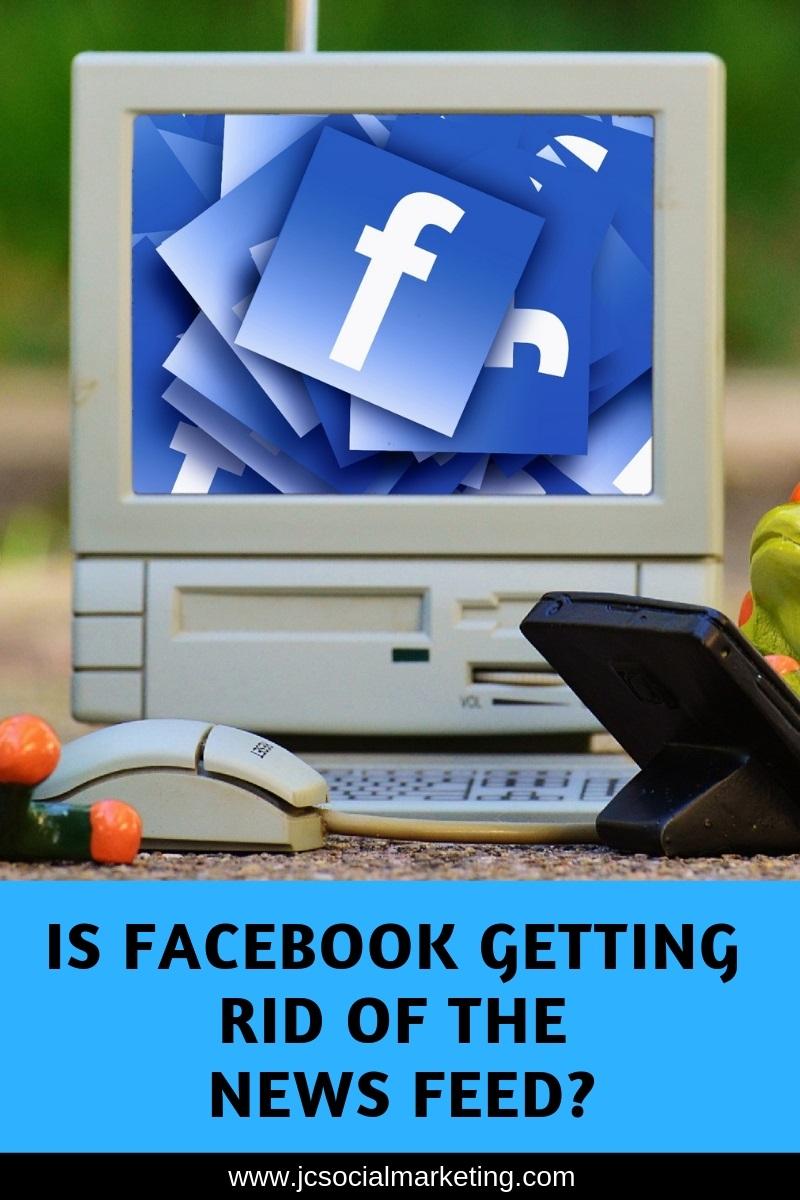 The winds of change are blowing hard at Facebook, and the potential implications for nonprofit digital marketers are huge.
The winds of change are blowing hard at Facebook, and the potential implications for nonprofit digital marketers are huge.
To put it lightly… Facebook has been battling some significant negative press coverage lately.
Not only in terms of gigantic and widespread breaches of data privacy, but also devastating breaches of trust.
When Chris Cox announced his resignation from Facebook after being a key leader there for over a decade, the writing was on the wall.
Cox helped design the very first iterations of the Facebook News Feed (which people HATED in the very beginning, remember that?) and developed it into the powerhouse that it is today.
The big, hairy, audacious problem with the News Feed is that the spread of information is based on the algorithm.
And the Facebook algorithm values engagement – over truth, over facts, over (and often at the expense of) everything else.
The content and the posts that get the most shares, comments, and reactions spread the fastest – at any cost.
On March 6, Zuckerberg posted a 3200 word manifesto about his new “privacy-focused” vision for Facebook.
In it, he laid out his statement of intent to move Facebook’s share-it-all culture to focus more on private messaging, ephemeral stories, and more encryption.
What Does This Mean for Facebook Marketing?
Zuckerberg’s pivot to privacy is most likely a response to the increased calls for government regulation and antitrust lawsuits, and even reports of Facebook’s negative impact on mental health.
It seems to be intended to eliminate the problem rather than thoughtfully come up with a way to solve it.
Benedict Evans wrote:
“Much like moving from Windows to cloud and ChromeOS, you could see getting rid of News Feed as an attempt to remove the problem rather than patch it.
Russians can’t go viral in your news feed if there is no news feed.
‘Researchers’ can’t scrape your data if Facebook doesn’t have your data.
You solve the problem by making it irrelevant.”
It seems safe to assume that New Feed has peaked, and Facebook is going to start downplaying it in favor of new privacy features.
While we don’t know the exact implications and the layout for these upcoming changes, as social media marketers, we need to be prepared for another so-called Facebook-pocalypse.
My recommended strategy in a nutshell:
Don’t delete Facebook just yet.
68% of U.S. adults use Facebook, with 74% of users visiting the site daily.
Nearly three-quarters of women in the U.S. (74%) use the platform, compared with 62% of men.
While it is stagnating in growth, it’s not bleeding members as previously reported, and it remains a powerful tool in the digital marketing toolbox.
Double down on a strategy to get your Facebook fans onto your email list.
Since we do not control Facebook, and since they move the cheese on us frequently, savvy digital marketers focus on getting Facebook fans to engage on other more permanent platforms, such as email.
Drive people to your email sign-up page, with a compelling call-to-action.
For 10 ways to build your email list using social media tools, check out this slide deck.
Begin experimenting with ephemeral content – Facebook and Instagram Stories.
Once posted, Stories are viewable for up to 24 hours, not appearing in the main News Feed or Timeline of the app.
Social media bloggers and researchers have speculated that the News Feed on Instagram and Facebook are going to be usurped in popularity by Stories.
Buffer found that Instagram Stories ads deliver exponentially better results than other types of social media ads.
Zuckerberg shared that users now share more than 1 billion Stories every day.
Over on Instagram, 47 percent of users find that Instagram Stories helps them be more authentic in their communication with friends and family.
Explore Facebook Groups.
Groups, both private and public, shouldn’t be affected by the drawing down of the News Feed, as they are smaller and more private.
For more on how to create a Facebook Group for your nonprofit, get my free ebook The Essential Guide to Nonprofit Facebook Groups.
Continue to use Facebook Live to connect with your community and build your movement organically.
Facebook Live remains one of the best ways to leverage the Facebook algorithm’s love of engagement.
Live video receives 10x the engagement as on demand video, and Live videos are watched 3x as long.
What did you think of Zuck and co’s privacy announcement? What do you think it means for the News Feed? Let us know in the comments!
Want to learn more about how your nonprofit could use Instagram? Get the Ultimate Guide to Instagram for Small Nonprofits!

Get this free e-book and you will receive:
- Updated information on Instagram and the rising popularity of the visual social network;
- A step-by-step guide to setting up your nonprofit with free Instagram Business tools;
- A complete run-down and review of 10 specific ways to use Instagram to raise money and awareness for your cause - with real-world examples!
I provide you with all the tips and secrets that I use in my business and with my nonprofit clients, to get them results using Instagram! Sign up now to secure your spot!

Comments 2
FACEBOOK IS WORLD’S BEST AND MUCH OPPOSITIONS ARE JEALOUS. THANKS!
I use Facebook for business. Thanks to Facebook, my business has grown 2 times.